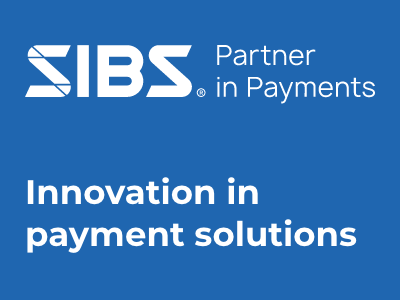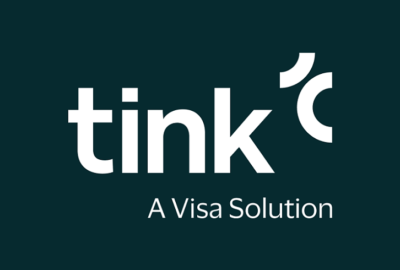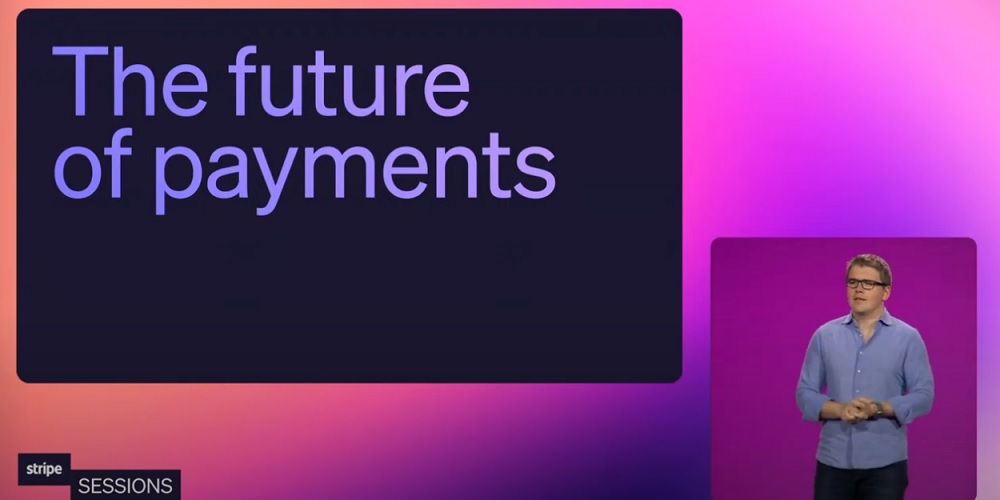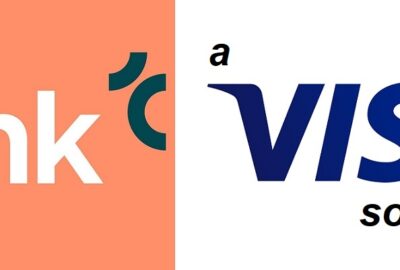MoneyGram: „If you think bitcoin is rising up to become a global currency, the state is never going to let it happen”
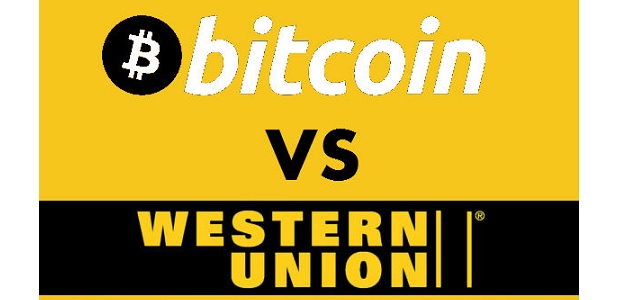
In the face of tech that enables value to be sent at a low cost across national borders, industry supporters have long argued remittances are the first and most obvious area for disruption, and that industry giants like MoneyGram and Western Union will be among the initial firms to see bottom lines impacted.
For all the capital deployed against this thesis, Peter Ohser’s level of incredulity when faced with this possibility is a bit surprising. The executive vice president of business development at global remittance giant MoneyGram has heard these arguments before, but feels digital currency doesn’t pose any threat or solve pressing problems.
“If you could actually leverage [bitcoin] the way people want, we’d be there,” he said.
At the end of the day, he argues, consumers want physical cash, something MoneyGram with its network of partners in 200 countries, is equipped to provide.
“Payments are already digital and real time. I can send cash using the existing rails. It’s there and it’s real. [Digital currency] is not solving a problem … There’s also a trust factor. People trust paper more than they trust data and that behaviour is not going to change.”
Still, Ohser allows for a certain margin for error in his rationale, at times suggesting that MoneyGram might be inclined to leverage bitcoin if it solved what he believes are its key problems – acceptance and scale.
Ohser does seem to dismiss bitcoin and digital currencies in many regards. For one, he is adamant that there’s only one way for bitcoin to solve that last-mile challenge – by becoming a widely accepted global currency, and he doesn’t believe that’s very likely.
“We don’t see bitcoin in particular as a solution today to be able to one disrupt us or provide a better or different service,” he adds.
Ohser believes the blockchain, the digital currency’s open distributed ledger, holds more promise. For one, it’s not “tainted” by early challenges, but he still believes it doesn’t solve the problem of getting users money that can be converted into goods and services.
“You can send money to a phone, but these people need cash,” he continues. “They need to buy their food and pay medical bills. People are spending most of that money within 24 hours. They’re living hand to mouth.”
He’s also equally willing to suggest bitcoin just won’t be allowed to succeed, and that this is out of the power of anyone in the financial industry.
“There are two things, one you have regulators and two you have central banks, and they’re never going to give up control of their currency. It’s a very effective way to manage a global state. If you think bitcoin is rising up to become a global currency, the state is never going to let it happen,” he continues.
As evidence, Ohser cited the ongoing developments in Russia, where the state’s Ministry of Finance is seeking to ban bitcoin under a law pertaining to money substitutes, and Australia, where banks have seemingly closed the corporate accounts of industry firms.
In the end, the MoneyGram’s official concludes that “bitcoin will not be a significant player in the remittance industry.” “It’s not happening. It’s not about technology. It’s about customers and behaviour, how they trust money, why they use cash.”
Source: coindesk.com
Anders Olofsson – former Head of Payments Finastra
Banking 4.0 – „how was the experience for you”
„So many people are coming here to Bucharest, people that I see and interact on linkedin and now I get the change to meet them in person. It was like being to the Football World Cup but this was the World Cup on linkedin in payments and open banking.”
Many more interesting quotes in the video below:
